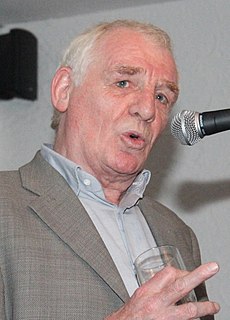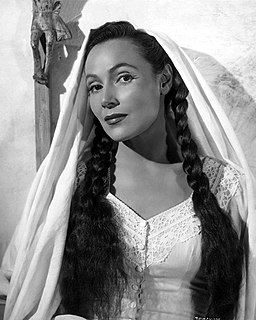A Quote by Joyce Carol Oates
How does the poet transform his banal thoughts (are not most thoughts banal?) into such stunning forms, into beauty?
Related Quotes
It's an American thing, but it's particularly a southern thing, and its romanticization is hyper-Southern. And it's still irresistible to me, even in middle age. There's something that pulls me to that, but at the same time, I have this increasing awareness of how banal it really is - that evil is inherently banal.
They just talk drivel. Whoever is winning is great, whoever isn't, isn't. It's banal. And also semi-literate at times ... they never criticise in an intelligent way. Anything that isn't banal is said to be an outburst. They've created this cartoon world where everyone talks like Lineker and says nothing.
First Thoughts are the everyday thoughts. Everyone has those. Second Thoughts are the thoughts you think about the way you think. People who enjoy thinking have those. Third Thoughts are thoughts that watch the world and think all by themselves. They’re rare, and often troublesome. Listening to them is part of witchcraft.
Here is an entirely banal idea that I think has the potential to change the world: Take evidence seriously. Taking evidence seriously does not mean privileging numbers over all other forms of knowledge - theories, narratives, images. Nor does it mean the kind of radical skepticism that questions everything to the point where no action is possible.
Perhaps the choice is a negative one, in that I was trying to avoid everything that touched on well-known issues - or any issues at all, whether painterly, social or aesthetic. I tried to find nothing too explicit, hence all the banal subjects; and then, again, I tried to avoid letting the banal turn into my issue and my trademark. So it's all evasive action, in a way.






































